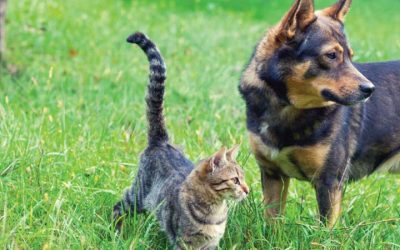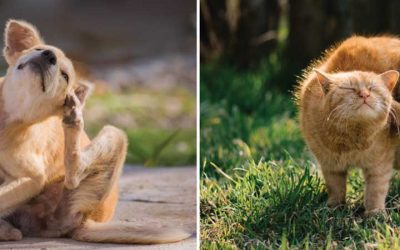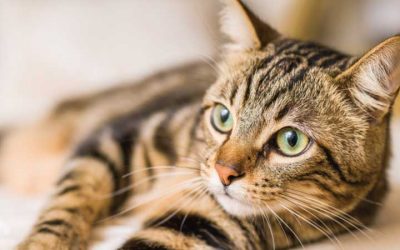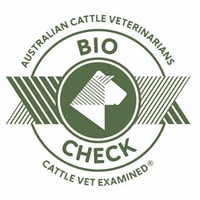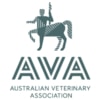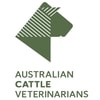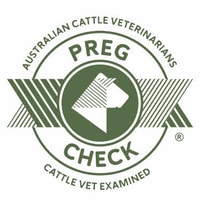
Considering pet insurance for your pet? We cannot recommend it enough but there are a few things to look out for.
Why Get Pet Insurance?
Owning a pet is expensive and can be made even more so if your pet is sick or injured and needs veterinary care. Pet insurance can help defray the unexpected costs incurred in veterinary treatment over the lifetime of your pet.
There are a wide range of insurers and insurance products now available, from either pet specific or other insurance companies you may already deal with. It would be wise to consider a few products before making a decision, or even asking if your current insurer/insurances cover pets. Most companies will provide a quote on-line. As always check what is and isn’t covered before you takeout insurance, for example in the Pittsworth district you would want to consider whether the policy covers snake bite.
There are generally three types of policies:
- Accident only – Covers when your pet is involved in an accident (premiums generally $10- 25 per month)
- Accident and illness – Covers accidents as well as illnesses (premiums generally $30-55 per month)
- Accident and illness plus routine and preventative care – Routine treatments as well as vet costs for accidents and illnesses (premiums $50-60 plus per month).
Things to look out for when comparing policies:
- Many policies require you to pay an excess when you make a claim.
- Also most policies only do not cover 100% of costs on a claim.
- Do they offer a multi-pet discount?
Insurance is sometimes not available for certain breeds or the premium may be higher to cover the potential health risks of that breed. Annual insurance premiums will be affected by the age of your pet.
What policies do not cover:
Policies generally do not cover all conditions ie Pet insurance exclusions (listed in the PDS) usually include:
- Illness or injury from pre-existing conditions (including conditions before the policy was purchased)
- Bilateral conditions (pre-existing conditions affecting a body part where the pet has more than one, such as an eye or ear)
- Vet costs for elective treatments (like orthodontics or de-sexing) or routine care (unless specific additional cover is purchased for this)
- Treatment of illnesses during the waiting period
- Treatment for diseases for which there is a known vaccine (such as kennel cough). (Some policies may pay if your pet has had the vaccine, but others may not.)
The Benefits
Pet insurance is a great way to make sure your pet is covered in the event of illness or accident, but make sure you know what is involved and all the costs before you take out cover. Pittsworth Veterinary Surgery does not receive any financial reward from insurance companies. If you do insure your pet – we only benefit when we can provide the appropriate care knowing that the costs are insured.
We have some brochures from Insurers in the waiting room or search online to find out more.
RELATED ARTICLES
Fireweed
There are a few types of fireweed found in Australia, with majority of species being poisonous. This plant is a short shrubby plant with yellow daisy like flower. Cattle become affected if they are short of feed, or not used to having the plant in their environment....
Parasites
As the weather warms up, we start to see more parasite problems for all sorts of pets.Here are some of the more common parasites we come across, as well as some information on the problems they cause and how to get rid of them. Fleas Fleas are relatively easy to spot,...
Itchy skin and ear infections
Around springtime, we often see an increase in itchy skin (dermatitis) and ear infections in dogs and cats. How to spot itchy skin You should know almost right away if your cat or dog has dermatitis. Here are a few of the common signs: Constant scratching, licking, or...
Feline AIDS
The Feline Immunodeficiency Virus (FIV) causes feline AIDS and is relatively common in Australia and New Zealand, with up to 25% of domestic cats testing positive for the virus. This disease is incurable. It compromises the efficiency of a cat’s immune system by...
RELATED
ARTICLES

Fireweed
There are a few types of fireweed found in Australia, with majority of species being poisonous. This plant is a short shrubby plant with yellow daisy like flower. Cattle become affected if they are short of feed, or not used to having the plant in their environment....
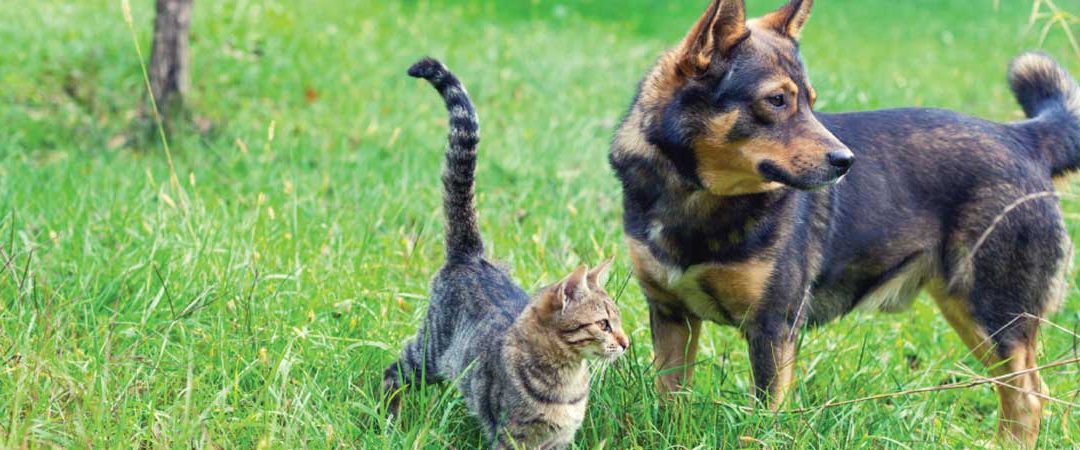
Parasites
As the weather warms up, we start to see more parasite problems for all sorts of pets.Here are some of the more common parasites we come across, as well as some information on the problems they cause and how to get rid of them. Fleas Fleas are relatively easy to spot,...
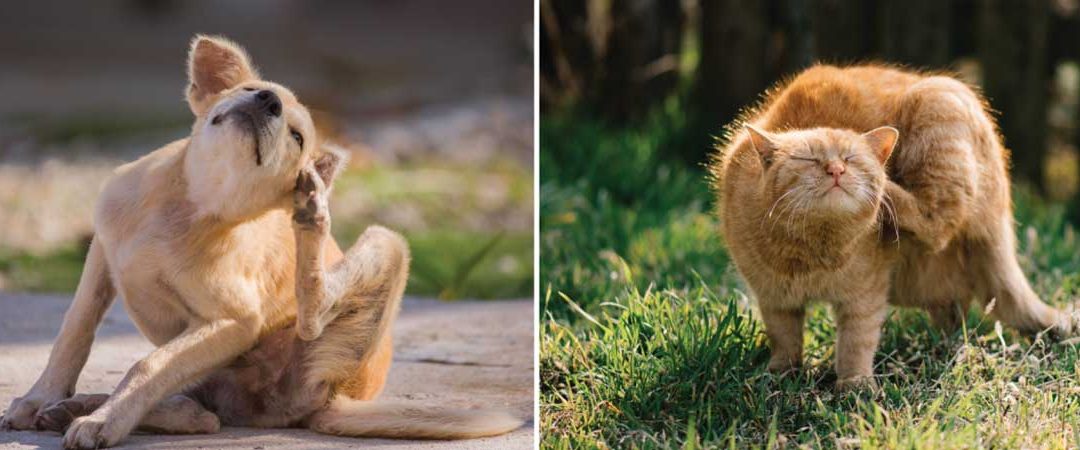
Itchy skin and ear infections
Around springtime, we often see an increase in itchy skin (dermatitis) and ear infections in dogs and cats. How to spot itchy skin You should know almost right away if your cat or dog has dermatitis. Here are a few of the common signs: Constant scratching, licking, or...
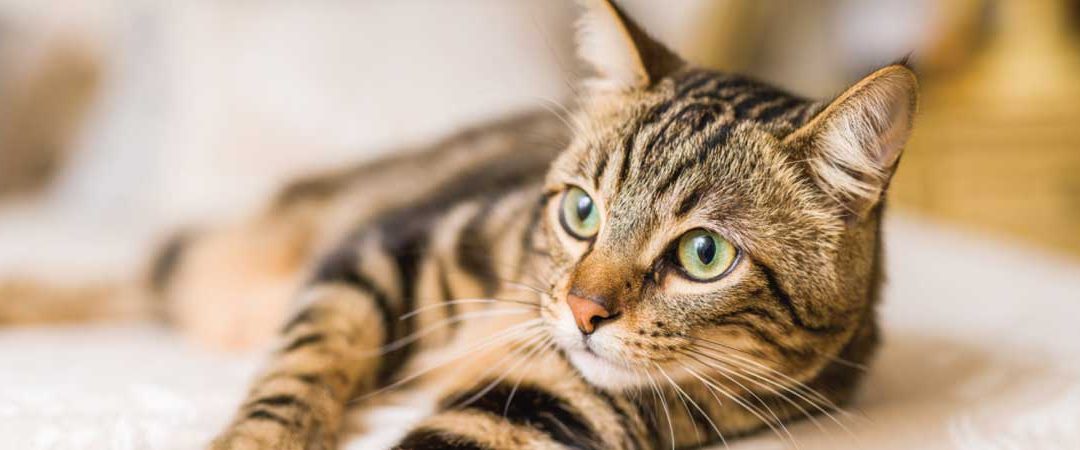
Feline AIDS
The Feline Immunodeficiency Virus (FIV) causes feline AIDS and is relatively common in Australia and New Zealand, with up to 25% of domestic cats testing positive for the virus. This disease is incurable. It compromises the efficiency of a cat’s immune system by...
Call Us Today To Discuss Your Animal Needs
Business Hours Phone: 07 4693 2233





